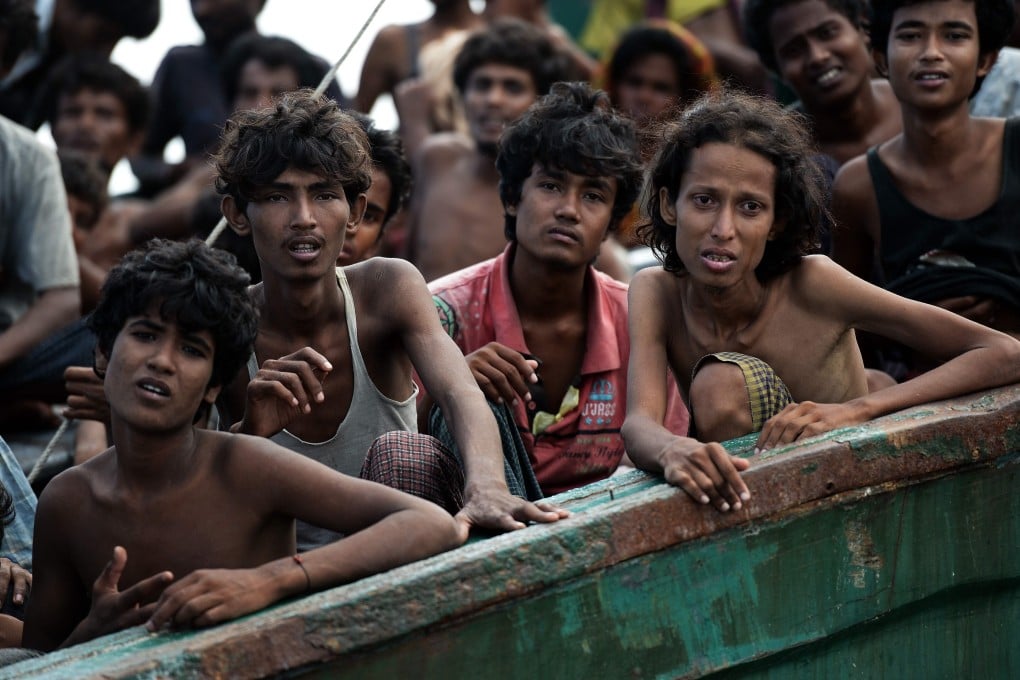Opinion | Six years on from the Andaman Sea crisis, the Bali Process on human trafficking isn’t fit for purpose
- When hundreds of Rohingya refugees and Bangladeshi migrants travelling to Southeast Asia in 2015 died after being abandoned at sea by smugglers, the ‘Bali Process’ forum promised action
- Yet, years later, little has been done and the roots of the problem remain. Given the inaction of the forum’s co-chairs Australia and Indonesia, perhaps it is time to bypass the Bali Process entirely

Indeed, the prospects of those who continue to be smuggled and trafficked across the sea remain as bleak as ever. But perhaps that should be no surprise; after all, the causes of the problem remain largely unaddressed.
While those three countries took much of the subsequent blame, part of the region’s reaction to the crisis was to focus attention on the regional forum set up to prevent such tragedies – the Bali Process on People Smuggling, Trafficking in Persons and Related Transnational Crime of 2002, or more simply ‘the Bali Process’.
Critics charged that during the crisis the forum’s silence had been deafening, its inaction incomprehensible. Stung by those criticisms, the forum created a Task Force on Planning and Preparedness that was meant to provide a more effective response by coordinating national level plans and providing an early warning system. Its members also endorsed the 2016 Bali Declaration (reaffirmed in 2018), vowing to provide safety and protection to vulnerable groups.
